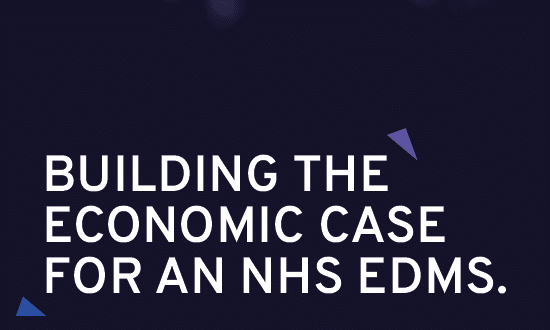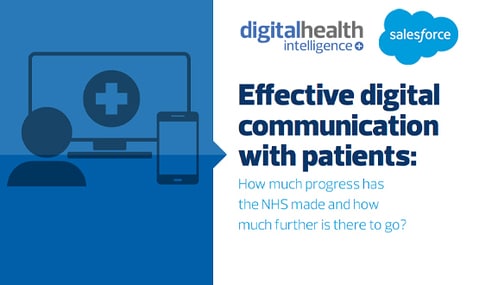NHS £86m website spend confusing
- 5 August 2010
The NHS spends up to £86m a year on thousands of websites that are difficult to find, confusing for patients and which do not meet their needs, according to research commissioned for a Department of Health report.
Research for the NHS Digital Communications Review, conducted by communications agency Precedent and leaked to the Health Service Journal, found 2,873 nhs.uk websites that were in use and more than 1,000 other nhs.uk sites that were no longer active. A total of 287,300 web pages were accessible and Google listed 56 million pages within the nhs.uk domain.
The researchers concluded that the public would appreciate fewer contact points online but the digital communications review said there was not sufficiently strong evidence that there were too many NHS domains.
Instead the review said there was a need for a digital brand strategy with standards for all NHS sites. It said a central information role was “sound in principle but its adoption requires a general acceptance that it is the role of the centre to perform this organising function.”
EHI understands that the researchers suggested that the NHS may be spending too little on too many websites rather than too much.
The Precedent researchers said that two of most recognised health service websites, NHS Choices and NHS Direct, were often competing for attention and although NHS Choices focuses on health information and local service data and NHS Direct offers online diagnostic tools the differences in content between the two was not clear to patients.
They added: “NHS Choices and NHS Direct are both established as national sites with similarities of positioning, brand and audience. This confuses users about the ‘definitive’ access point for NHS information and the roles of each site.”
Research for the review also concluded that GP practices websites were also the weakest of the health service’s online offerings. It added: “GP surgeries have by far and away the poorest sites, in that they have the largest percentage of problems identified. GP sites failed to provide the means to allow interaction with users.”
The researchers found that overall the NHS was failing to meet patients’ needs for online functionality such as online appointment booking, repeat prescription requesting, test result reporting and contact via email. Only 50.3% of sites included email addresses. “The NHS is not making itself easy to do business with,” the report said.
The research is also critical of the accessibility of websites and said that vulnerable members of the public were not been catered for with 30% of sites exhibiting at least one “notable deficit in standards” which might cover poor quality content, lack of NHS branding, poor navigation or out of date content.
The researchers said it was very difficult to estimate the cost to the NHS of the websites with responses to information on usage and cost received from only 188 out of 4,121 sites. However it estimated that the cost of running the sites “could be as high as £86m per year” and said costs could be higher as those figures did not include set up costs.
The digital review, however, said no broad conclusions could be drawn about value for money “given the relatively low cost of establishing and operating small, focused websites.”
The researchers claimed the public “struggled to locate the NHS online with a Google search” when searching on health-related terms and said the scale and depth of information on offer was daunting to many. It said patients also often ended up going to information offered by Wikipaedia, the charity sector and websites such as NetDoctor and PatientUK rather than the NHS.
The researchers said interviews with users revealed that the public wanted to see “one NHS” online which would tally with their perception that they were receiving care from “one NHS”.
The Department of Health said the white paper had outlined the government’s plan to being about an NHS information revolution to give people access to comprehensive, trustworthy and easy to understand information. Information on how this will be achieved is to be set out in the DH’s information strategy, due to be published in the autumn.




